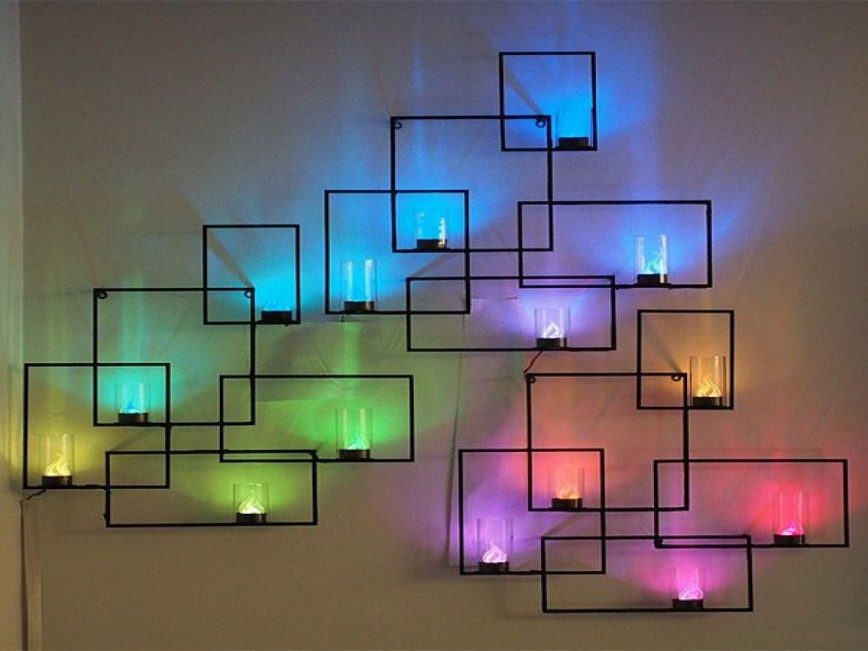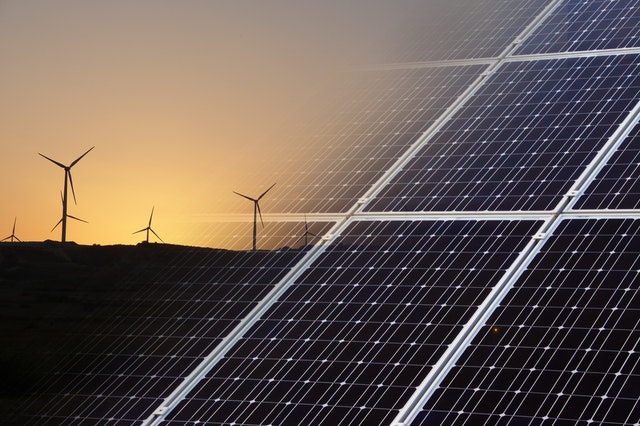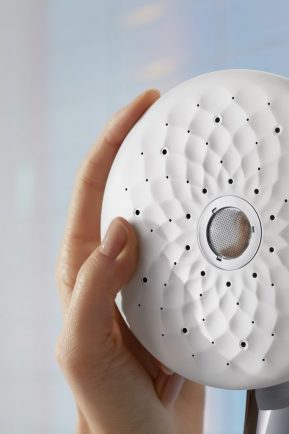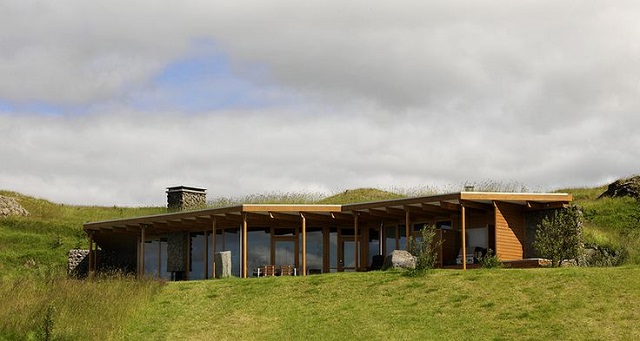Being environmentally friendly is increasingly important in today’s day and age.
As our population increases, we continue to put more and more strain on planet earth, stretching its
resources and polluting its atmosphere.
In order to be ‘eco-friendly’ we need to put a little bit of effort in ourselves, adapting the way we live in order to fit the sustainable future we’d all love to
live in.
The only issue with this is, most renewable measures cost quite a sizeable amount. Unfortunately, not all of us are in the situation where we have this amount of money to spend on making our home more eco-friendly.
Luckily, there are many ways in which you can improve your homes energy efficiency and eco-friendliness, all whilst saving yourself money in the long run and not costing you an arm and a leg in initial outlay.
Switch your light bulbs to LED

As lighting technology has improved, so has its energy efficiency. Previously, our homes were primarily installed with filament style light bulbs such as incandescents and halogens, but these are now found to be extremely inefficient in comparison to light emitting diode (LED) and compact fluorescent lamp (CFL) bulbs.
By switching your light bulbs to LEDs you would automatically use 90% less electricity on your lighting than if you were using incandescents. This is a great save for those on a budget and should be something everyone does eventually anyway.
LED bulbs are not expensive at all, in fact from hardware stores such as B&Q, you can buy individual bulbs for as cheap as £2 per bulb. If you’re on a serious budget, choose the rooms in which you spend the most time and only switch the bulbs in these rooms, enabling you to see optimum results for the least amount of money. Just switching 10 bulbs, therefore, would cost you a mere £20.
Switch your energy tariff

Without a doubt, the number one way to save money in your home is to switch your energy tariff. It is estimated that the average customer who switches from a standard variable deal onto the cheapest fixed tariff on the market will save around £325 per year.
But what has this got to do with eco-friendliness? Well, given the current energy crisis regarding depleting fossil fuels and what not, energy providers across the UK have begun to offer 100% green energy tariffs in a bid to promote and fund the increasing generation of sustainable gas and electricity.
Although your supply does not technically change, you will remove your usage amount directly from unsustainable sources, putting more reliance on renewable sources such as wind, geothermal and hydropower.
Generally (but not always) 100% renewable energy tariffs are a little more expensive than standard tariffs at the moment. This is due to a number of reasons; mainly because green energy is currently more expensive to generate and is rather lacking in funding.
You should also bear in mind that depending on where you are in the country, prices will vary. Due to static charges and distribution costs, energy suppliers are forced to raise their prices in certain areas due to the variation in these costs.
As such, you might find that Ovo Energy’s green deal in Bristol is much more expensive than it would be in Sheffield.
Get a water efficient showerhead

One thing is for sure: we certainly take water for granted. The current average water bill sits at around £400, but not only is the associated usage way too high for what is actually needed, but this cost can easily see a significant decrease.
Having a shower or a bath is one of the key ways in which many people in the UK waste water on a pretty serious scale. The standard UK shower head currently lets out around 12 litres of water every minute when showering, meaning for a 5 minute shower, you’d use around 60 litres, which for most people is a short shower.
Using a water efficient shower head, like the Gabi H2O Slimline, would decrease this usage to 7.6 litres per minute, amounting to 38 litres for a 5 minute shower. Making this small change can knock noticeable amounts of money off your water bill.
Image Source
Temporary insulative measures
We don’t all have huge amounts of money to spend on expensive roof and wall insulation, which is why you should perhaps think of insulative measures that act in the same way, but cost a fraction of the price.
Ignoring the roof and walls, which are pretty hard to combat without high quality insulation, we still have 40% of our household heat that is leaving through other areas. These areas are your floor, windows and doors.
There are many ways in which you can insulate each of these areas by utilising items you probably already own. This sort of idea can include buying a thick rug that you could put in your living room, helping to keep heat trapped inside the room while you’re in it.
You can also use thick curtains for your windows to help prevent heat from leaving through your windows. Using this principle of blocking your floors, windows and doors can help you to insulate your home whilst not spending huge amounts of money.
Generate some of your own electricity
Buying thousands of pounds worth of solar panels isn’t the only way for you to generate your own electricity. Thinking on a smaller scale, you may be able to invest a small amount of money on a charging device for some of your smaller appliances, therefore removing just a little of your reliance on mains electricity.
Solar panel chargers are now available in a variety of shapes and sizes, along with other generation types, such as kinetic chargers and energy harvesting chargers.
Portable chargers like this also make a fantastic travel accessory, especially if you’re going to find yourself without mains electricity access for an extended period of time.
Main Image Source
